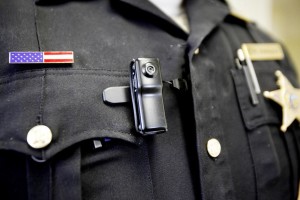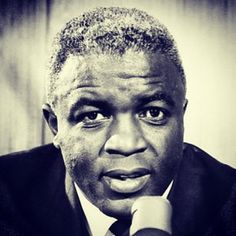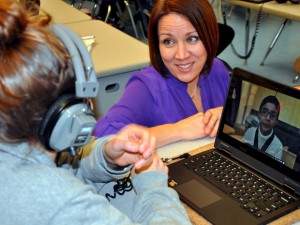The Future is in the City
 A couple of weeks ago I went to a fascinating new exhibit at the Museum of Fine Arts called Megacities Asia. It is the museum’s largest exhibit so far to focus on contemporary art, which can be vehicles for discussions about current issues. All the art pieces gave commentary on urban consumption and sustainability – plastic, slum life, kitchenware, bamboo and what does it really mean to be green. A “megacity” is an urban area with at least 10 million inhabitants, and Asia is home to most of these large cities – Mumbai, Seoul, Beijing, Shanghai and Delhi. Most of the world’s population will live in cities by 2050. Both China and India will have a billion people living in their respective cities by then too.
A couple of weeks ago I went to a fascinating new exhibit at the Museum of Fine Arts called Megacities Asia. It is the museum’s largest exhibit so far to focus on contemporary art, which can be vehicles for discussions about current issues. All the art pieces gave commentary on urban consumption and sustainability – plastic, slum life, kitchenware, bamboo and what does it really mean to be green. A “megacity” is an urban area with at least 10 million inhabitants, and Asia is home to most of these large cities – Mumbai, Seoul, Beijing, Shanghai and Delhi. Most of the world’s population will live in cities by 2050. Both China and India will have a billion people living in their respective cities by then too.
American cities are also growing. Statistically, the millennials are moving into cities at a higher rate than previous generations, as they don’t want to own or drive cars, and want to live in urban areas where there is more diversity and use their money instead on purchasing the latest “iThing.” This is a major contrast from previous generations, whose idea of the “American dream” was moving to the suburbs to buy a home and a car and raise a family. With bigger cities come bigger problems. All growing cities around the world have the same common problem of creating a balanced, sustainable living situation for these new urbanites. This will require new, innovative solutions to food, housing, health, environment and transportation.
Since I am a lifelong Bostonian who has many thoughts on improving transportation in my city, I thought I would share them here again. Many of these suggestions can also be used in other cities.
- Car Bans: I notice in Madrid that cars are permanently banned in central, mostly congested areas. The city just extended this banned into residential areas. People who live in those neighborhoods can still drive their cars, but non-residents driving into those neighborhoods are fined. If there can’t be a permanent ban, why not just a temporary ban on weekends and holidays?
- Incentives: Give people discounts or vouchers for using public transit or bikes. Personally, I would like a discount on my monthly MBTA pass for being a frequent user. (But knowing how the T operates, I don’t see this happening anytime soon, unfortunately…)
- More Bike Sharing: The Hubway bikes seem to be mostly stationed in central, more touristy parts of the city. It would be great to have more bike sharing stations spread out in residential areas, especially in transit-starved Mattapan, Roxbury and parts of Dorchester.
- More Bike Lanes: It would be nice to have more bike lanes, or in Copenhagen’s case, more bike “superhighways” dedicated to both commuter and recreational cyclists alike. I went riding on the Minuteman Bikeway recently and thought to myself why doesn’t Boston have more bike paths like this one.
- More Pedestrian Zones: More green spaces, upgraded parks and wider sidewalks would be nice. As a runner, I would like to see more jogging paths and other recreational spaces that are designed to be easier on the knees when the foot strikes the ground, such as asphalt pathways.
- Extend Subway Lines and Service: This might be a good time for the city to think about extending rapid transit into areas that really need it, like along bus routes 28 and 32. And, no, not another Silver Line; a real subway line is needed. I don’t know how this can be done, but more efficient public transit is needed in those areas. Also, if residents become more reliant on public transit, the MBTA should consider starting 24-hour service. (I know it’s a stretch, but we can all dream sometimes!)


